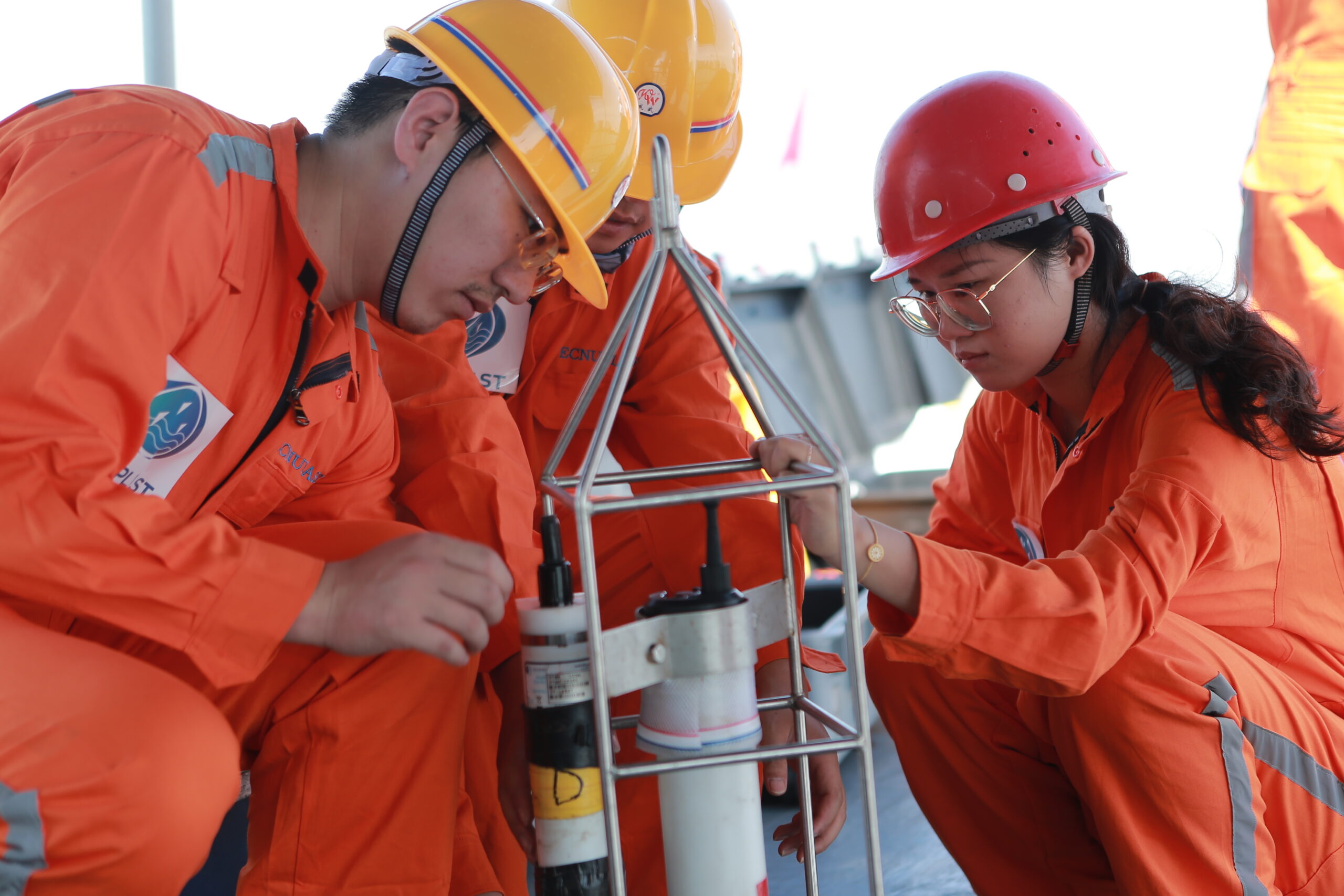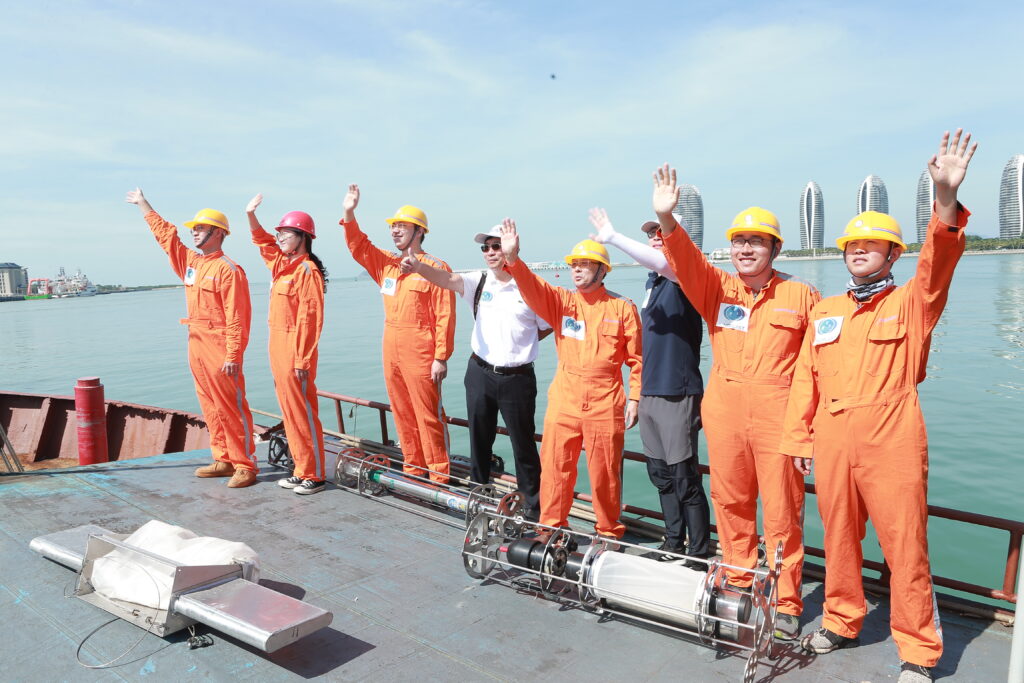
The Sino Norwegian Cooperation Project to Reduce Plastic and Microplastic Pollution
Background
The SINOPLAST project was initiated by Norwegian Institute for Water Research (NIVA) and Basel Convention Center for Asia and Pacific in China (BCRC) in 2018. The project will run for three years from 2019 – 2022.
China is the world’s largest consumer of plastic and generator of plastic waste. In 2018, China generated approximately 48 million tons of plastic waste. Additionally, China was until 2018 the largest importer of plastic waste until in July 2017 China announced that a ban on import on plastic waste. In 2016, China imported more than 7 million tons of plastic waste from abroad, and the cumulative import from 1992 until 2016 accounts for about 45% of the overall global trade of plastic waste in this period. Much of the mismanaged plastic waste could end up in the ocean which is a big threat to the ocean ecology. There is a clear need for building knowledge and developing capacity to tackle plastic pollution and its environmental effects in China.

Main goals and focus of the project
The SINOPLAST project is aimed to reduce marine litter and microplastics originating from China, where all six outcomes are designed to fulfil this: 1) establish litter and plastics baseline; 2) build capacity on monitoring; 3) reduce amount of plastics from key sources in selected catchments; 4) develop a catchment-based management tool for measures, transport and fate; 5) carry-out cost-benefit and societal impacts analysis; and 6) raise awareness on litter and plastic pollution.
Main partners and sources of financing
The project is led by Norwegian Institute for Water Research (NIVA) and Basel Convention Center for Asia and Pacific in China (BCRC). Other partners include Norwegian Environment Agency (NEA), East China Normal University (ECNU), National Marine Environmental Monitoring Center of Ministry of Ecology and Environment of China (NMEMC), Solid Waste and Chemicals Management Center of Ministry of Ecology and Environment of China (SCC).
The project is funded by Norwegian Ministry of Foreign Affairs.
Locations
The SINOPLAST project will build knowledge and capacity in China to improve the country’s ability to tackle plastic pollution from significant sources within key industries, government, and civil society. The project will also involve key small and medium enterprises to find suitable measures to reduce waste production and/or releases of plastic waste to the environment. It will develop a set of sound and feasible measures to reduce plastic pollution and contribute to strengthening monitoring capacity and supporting the government’s enforcement and control.